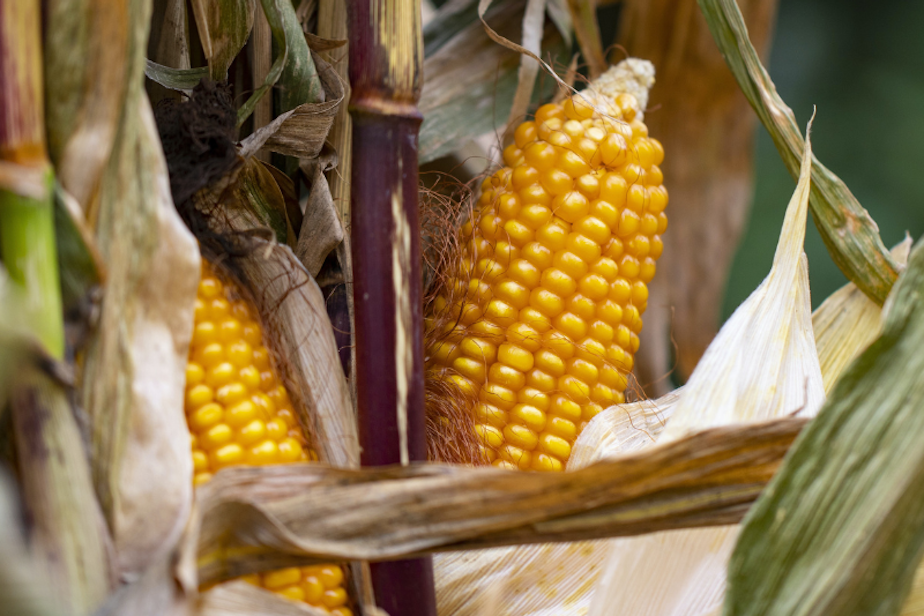WSU uses corn tech to make advanced air filter

Scientists from Washington State University have found a way to create more sustainable and efficient air filters. It turns out corn was the key.
Most air filters on the market are made out of petroleum and glass. Those materials can lead to secondary pollution when the filters are thrown away.
WSU's new filter uses corn-based proteins. It’s special because it catches both particles like soot, and toxic chemicals like carbon monoxide at the same time. Current filters are more likely to address particulates in the air. They aren't as efficient when it comes to capturing chemicals in gas form. WSU's corn-based filters capture 99.5% of particulates, and 87% of formaldehyde in the air.
This adds up to a more environmentally friendly air filter.
“Particulate matter is not that challenging to filter, but to simultaneously capture various kinds of chemical gas molecules, that’s more significant,” said WSU researcher Katie Zhong in a statement. “These protein-based air filtering materials should be very promising to capture multiple species of air pollutants.”
Sponsored
It's not just a breakthrough for air filters, but Zhong says this could also lead to better face masks.
“A corn protein is more hydrophobic, that means the protein itself has good resistance to high moisture levels, like, if we use facial masks," Zhong told KUOW.
According to a 2020 American Chemical Society study, 129 billion masks were used and disposed of globally. Zhong says the protein-based technology could help reduce that number.
The study is in April’s issue of the the Journal of Separation and Purification Technology.

